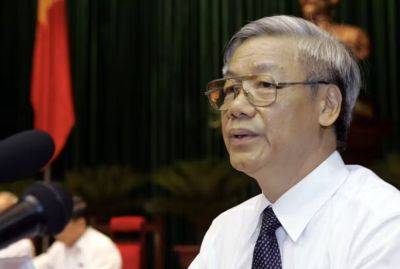Diplomacy around a contentious river
August 2, 2024
NEW DELHI – India and Bangladesh share 54 rivers, making water-sharing a critical and complex issue, as both countries rely heavily on these waters. The complexity is enhanced by the fact that water is a state subject in India, meaning states through which these rivers flow are key stakeholders. Although the Union government handles foreign policy and international rivers, it must consider the interests of these states, which can be affected by international treaties.
As India and Bangladesh aim for a shared vision of the future, finding a solution to these water-sharing issues becomes imperative. Despite sharing 54 rivers, India and Bangladesh have only reached water-sharing agreements for the Ganges and Kushiara rivers. The 1996 Ganges Water Sharing Treaty, also known as the Farakka Agreement, regulates the water sharing of the Ganges River between the two countries and is set to expire in 2026. This treaty has been crucial in managing the water flow between India and Bangladesh through the Farakka Barrage, affecting both upper riparian India and lower riparian Bangladesh. The Farakka Barrage has become contentious, with states like West Bengal and Bihar blaming it for erosion, siltation, and floods in their regions. These concerns have influenced their stance on the treaty renewal.
While both India and Bangladesh wish to renew the treaty and a technical committee is examining the issue, opposition from West Bengal Chief Minister Mamata Banerjee remains strong. Bihar has also opposed the Farakka Barrage in the past, citing siltation and erosion. Bihar’s Chief Minister, Nitish Kumar, argues that the harm caused by the Farakka Barrage now outweigh its benefits. While the concerns of these states may have







